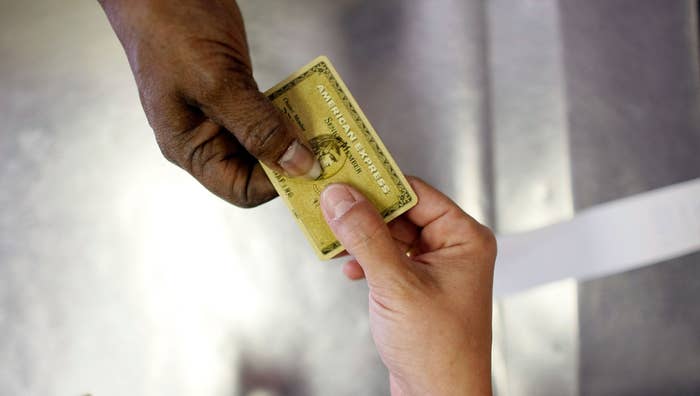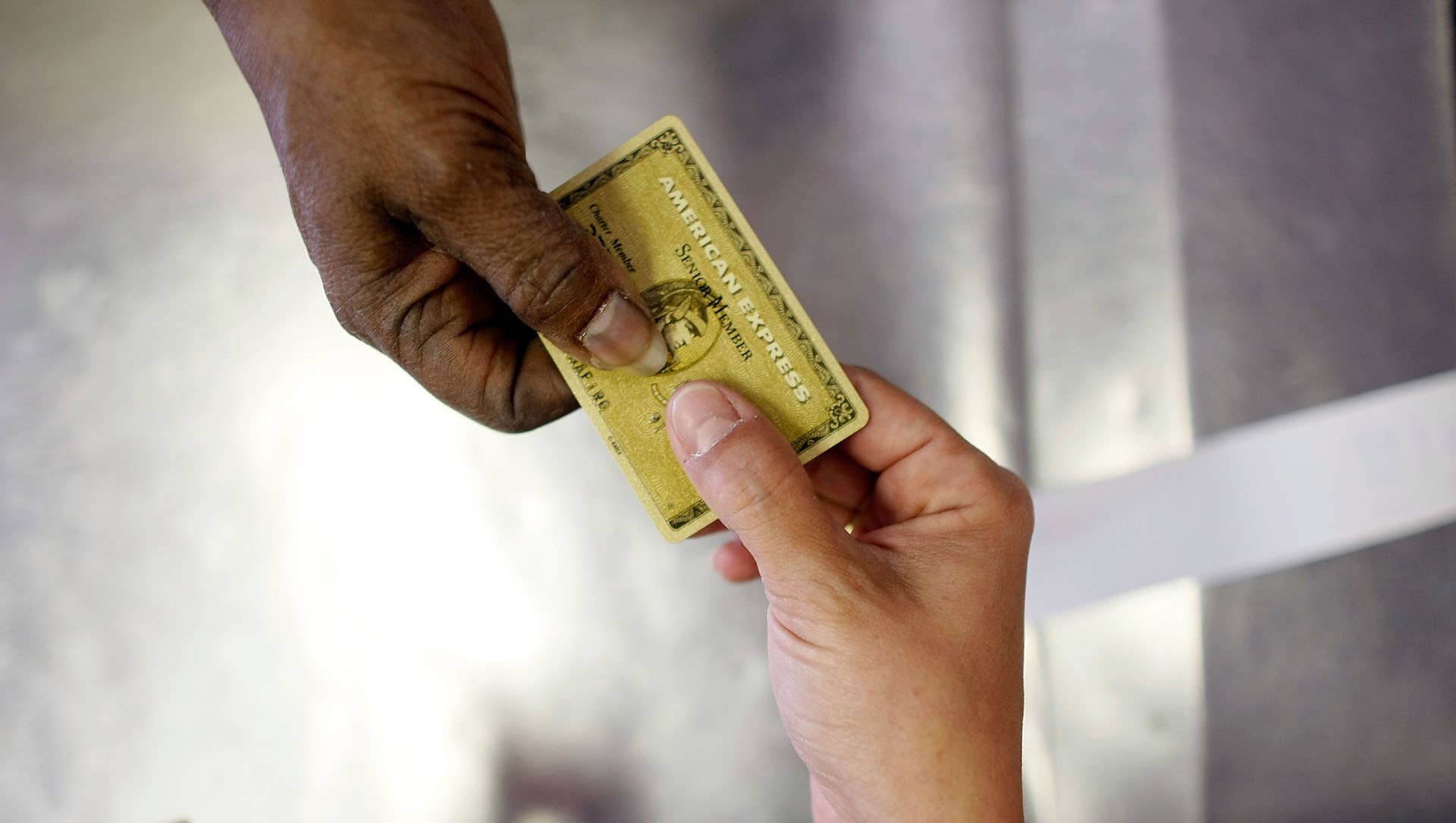
Baltimore rapper Chad Focus has pleaded guilty to conspiracy to commit wire fraud. He charged millions of dollars to a company-issued credit card from his day job in order to fund his music career.
On Monday, the rapper—born Chad Arrington—faced charges that he used a company American Express to spend around $4.1 million, which helped him keep up the image that he was the “No. 1 recording artist in the world,” The Baltimore Sun reports.
As part of his plea, prosecutors dropped six related charges, including aggravated identity theft and wire fraud.
Arrington tried to create the life of a successful rapper by using the credit card to buy expensive jewelry, musical equipment, and social media followers. During the hearing, U.S. Attorney Derek Hines said Arrington “fraudulently bought followers, tags, and views in order to make himself seem more popular.”
The fraudulent publicity went beyond social media: Arrington also spent $125,000 on concert tickets, including his own shows. He additionally used the company credit card to pay for a service to falsify song streams on music services.
Hines said Arrington advertised his alleged success with a number of billboards he charged to the card. One read, “Get to the money,” while another said, “Chad Focus. I will teach you how to be rich.”
The plea agreement stipulates that Arrington pay back over $4.1 million. He will be sentenced on May 14 and could face up to 20 years in federal prison. Court documents don’t reveal what company issued Arrington’s credit card; in court, prosecutors referred to the entity as “Company One.”
Federal investigators claim Arrington’s spending started in 2015, when he allegedly began charging hundreds of thousands of dollars on national and international traveling expenses. He then started purchasing music equipment and jewelry, and investing in businesses such as bringing bike-sharing programs to Maryland.
With the help of a few unidentified accomplices, he was able to forget credit card banking statements and signatures of supervisors. More than $1 million of Arrington's spending went to accounts held by four unnamed people, who then kicked back hundreds of thousands of dollars to him.

